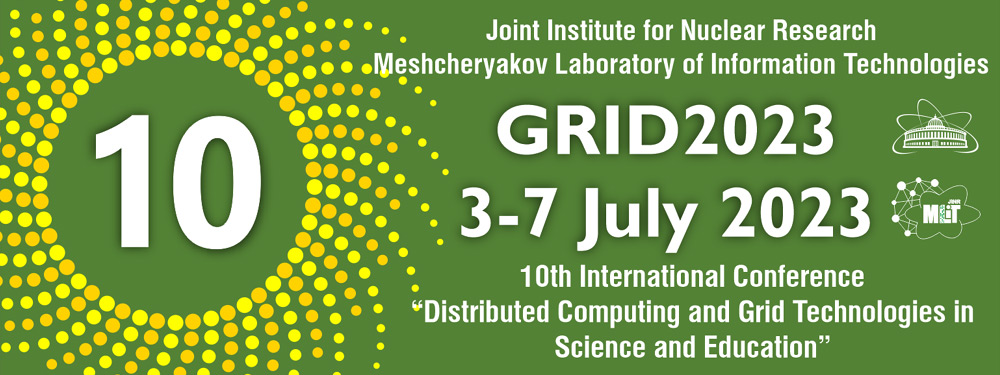Speaker
Description
Detailed theoretical studies of deposition processes, including the interaction of nanoparticles with a substrate, are of particular practical interest. The technology under consideration is used in such critical areas as microelectronics, the creation of protective coatings and new medical materials. Mathematical modeling of each level of this process makes it possible to effectively select the operating modes of deposition installations, as well as significantly reduce the number of full-scale experiments to obtain coatings with the required physical properties. The applied mathematical models, in this case, often use several dimensional levels and involve the solution of related problems by various mesh and meshfree methods. The latter significantly increases the number of technical applications, which leads to the complexity of their configuration and launch, and also increases the number of required competencies of the end user. Today, to simplify the conduct of complex computational experiments, the development and use of web laboratories is widespread, allowing the researcher to implement the entire computational cycle through a unified graphical user interface available on the Internet. The report proposes the implementation of such a digital platform based on a client-server architecture using a reactive approach to generating a graphical interface. The main feature of the developed web laboratory is the ability to dynamically add applied services and computing resources to the software environment for their subsequent use in computing experiments.
The work was carried out with the support of the Russian Science Foundation, project No. 21-71-20054.

